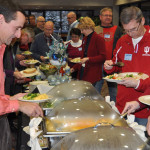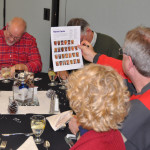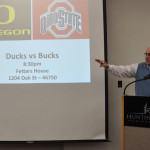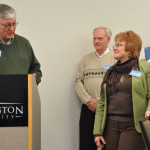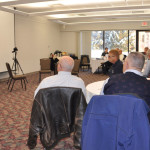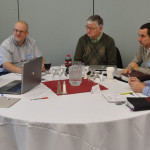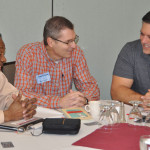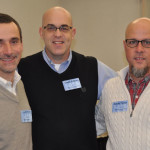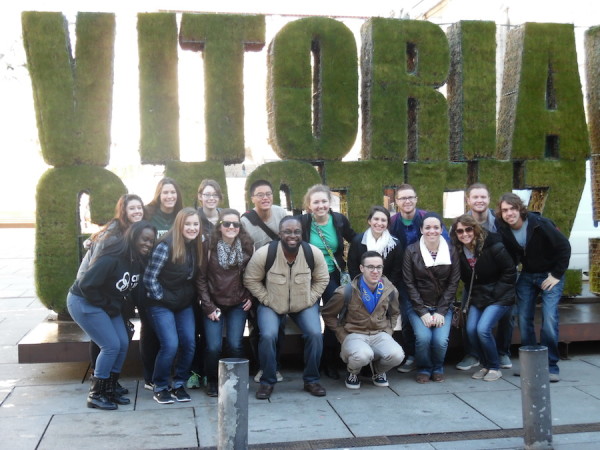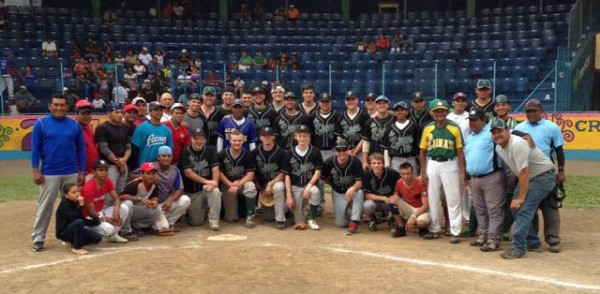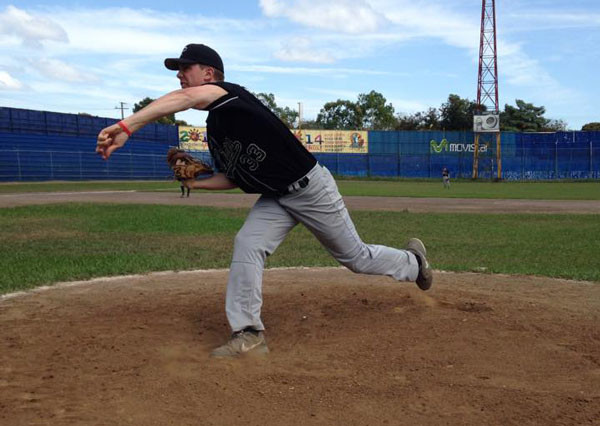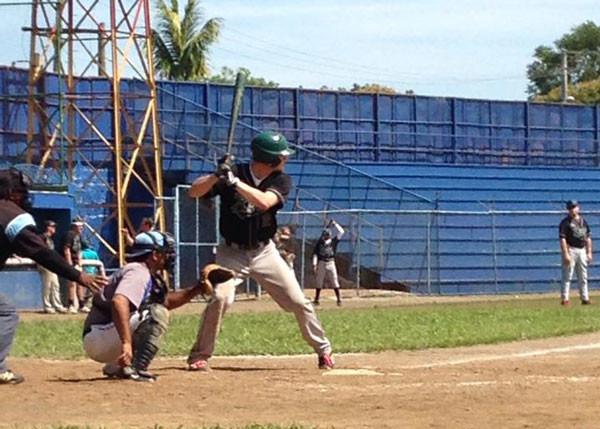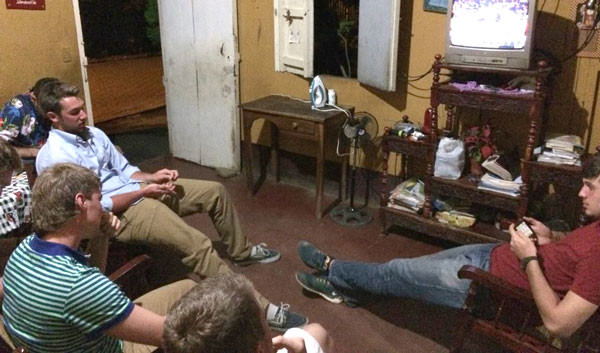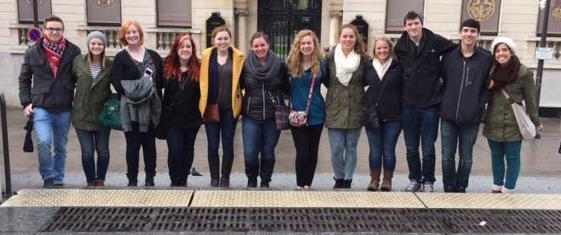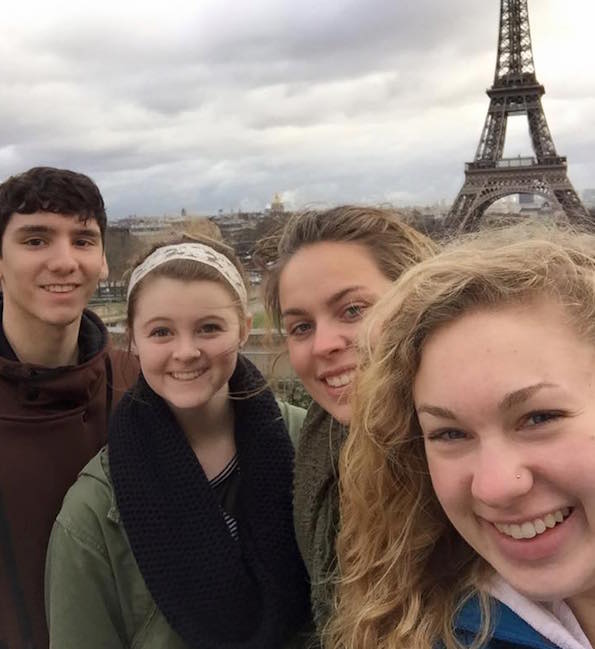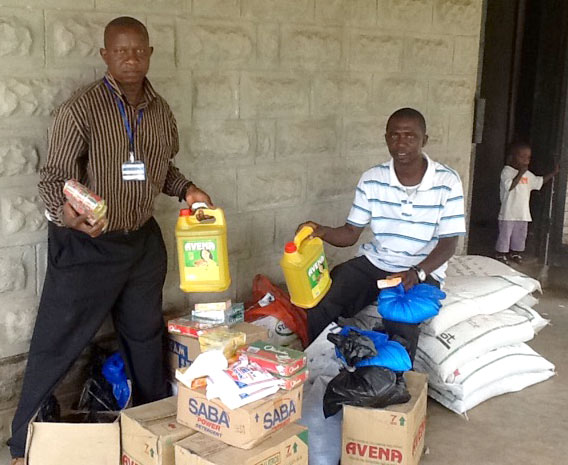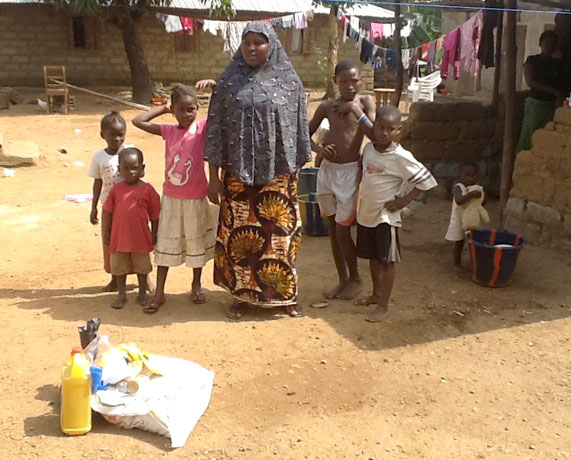January 14, 2015
|
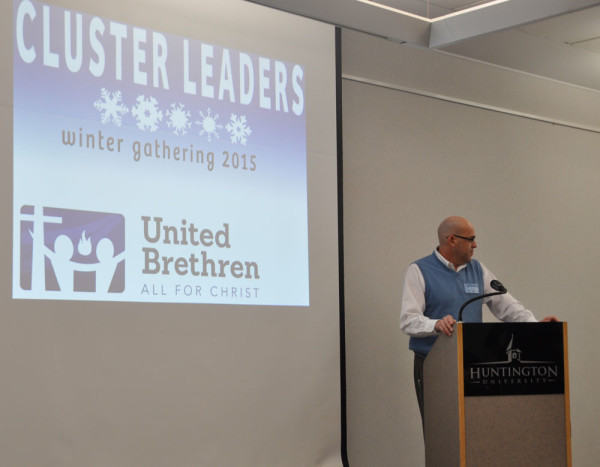
Todd Fetters opening up the gathering.
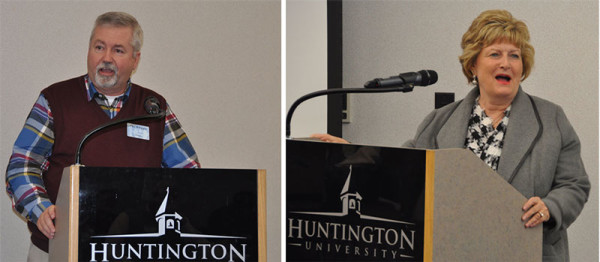
Bishop Phil Whipple and Dr. Sherilyn Emberton, president of Huntington University, spoke prior to the meal on Monday night.
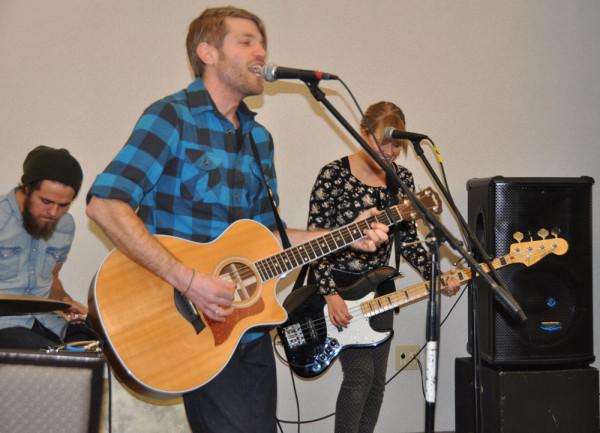
Attaboy sang and led in worship on Monday night.
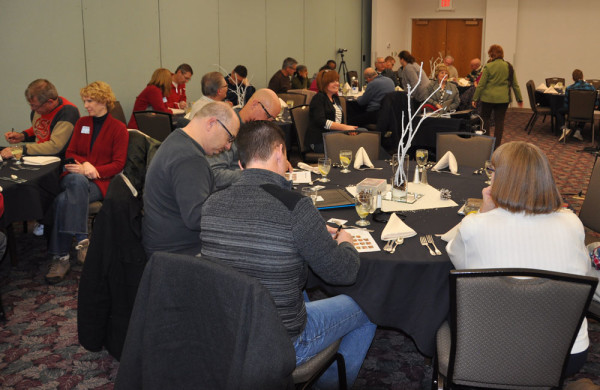
Cluster leaders fill out the Name Game.
Every January, the cluster leaders come to Huntington, Ind., for some training. This year, 17 of the 27 cluster leaders attended on January 12-13. The meeting was held at the Habecker Dining Commons at Huntington University.
The meeting began Monday evening. The person in charge of the meeting was Todd Fetters, director of National Ministries, whose responsibilities include overseeing the clusters. He opened the meeting. Bishop Phil Whipple gave a devotional, after which Dr. Sherilyn Emberton, president of Huntington University, spoke about the important relationship between the denomination and the college. Then it was time to eat.
Attaboy, a musical group affiliated with Huntington University, provided a half hour of music and worship. They described their new focus on ministering in public schools, and told of the success they’ve had already. They are making themselves available to churches.
The evening concluded with a “Thank You” time for Cathy Reich, administrative assistant to Bishop Whipple and Todd Fetters. Cathy interacts constantly with cluster leaders and other pastors, making all travel arrangements for them and making other contacts on behalf of the national office. Most of the cluster leaders had written words of appreciation. These were compiled and presented to Cathy. Three of the cluster leaders were asked to read their statements at the meeting.
After the meeting, a number of cluster leaders went to the home of Todd and Lisa Fetters to watch the national championship football game between Ohio State and Oregon.
On Tuesday morning, the group gathered at 8am for the actual training. The previous night, the cluster leaders were given a page with the photo of all 27 leaders, and a separate list of the names of the cluster leaders. To see how well they knew each other, they were asked to match names and faces. Those papers were turned in Monday night, and Cathy Reich “graded” them. Two persons got all of them correct: Rocky Spear, pastor of Mongul UB church (Shippensburg, Pa.), and Craig Burkholder, pastor of Hudson UB (Hudson, Ind.). They were both recognized first thing Tuesday morning and given a prize.
Mike Dittman, who heads a ministry called Haven of the Heart, was again (as in 2014) the main speaker. He addressed matters related to the pastor’s heart, and demonstrated how to lead a cluster group discussion.
After a buffet lunch at the university, the meeting concluded.
Below are a few photos from the Cluster Leader Training. Over 50 photos are included in an album on the United Brethren Facebook page.
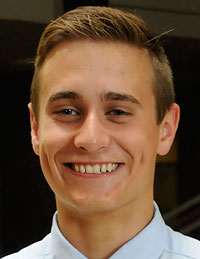 On January 26, Huntington University held a grand opening for its new ice rink.
On January 26, Huntington University held a grand opening for its new ice rink.
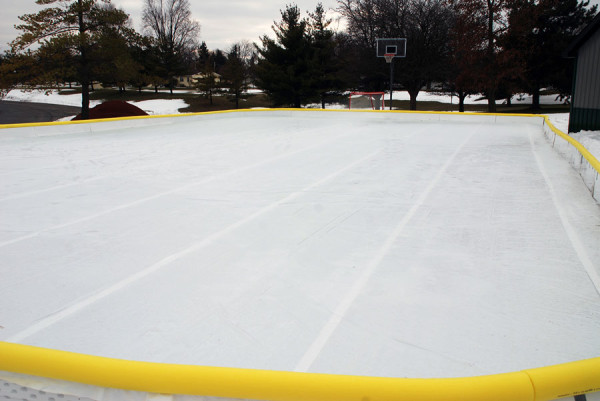
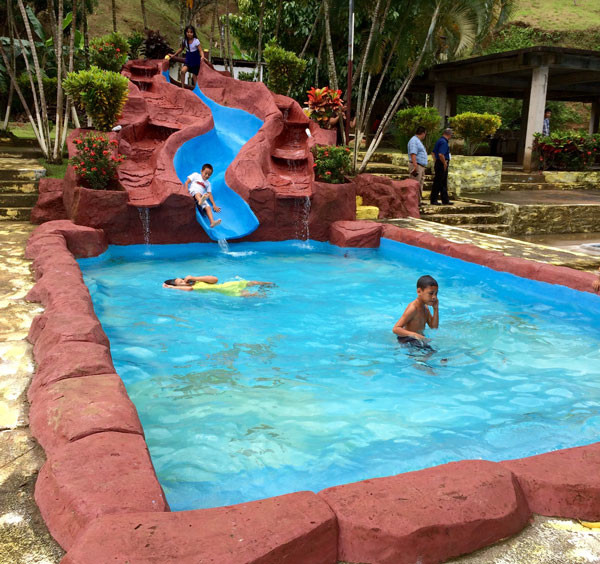
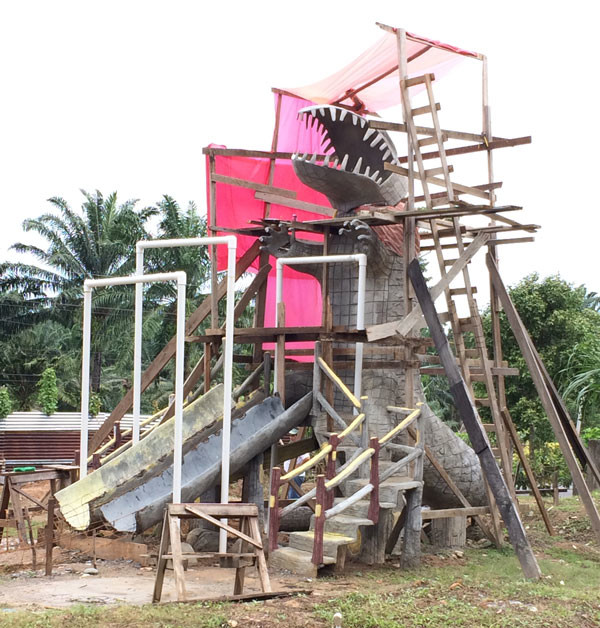
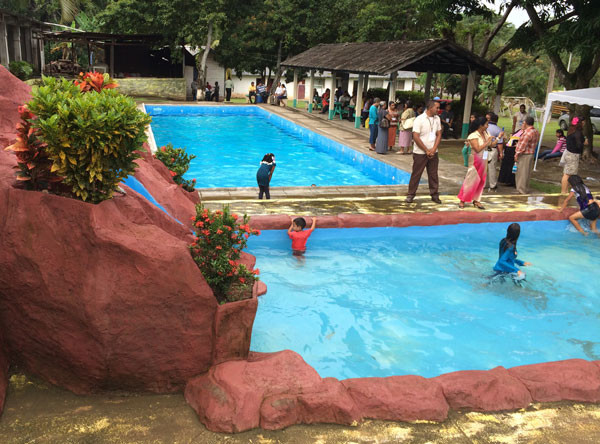
 Rev. Billy Simbo, former bishop of Sierra Leone Conference, lives in the United States but makes frequent trips back to his homeland. He had planned to return in September, but since British Airways canceled so many flights because of the Ebola crisis, he had to delay. But now, after an eight-month absence, he’ll be back in Sierra Leone on January 17.
Rev. Billy Simbo, former bishop of Sierra Leone Conference, lives in the United States but makes frequent trips back to his homeland. He had planned to return in September, but since British Airways canceled so many flights because of the Ebola crisis, he had to delay. But now, after an eight-month absence, he’ll be back in Sierra Leone on January 17.



